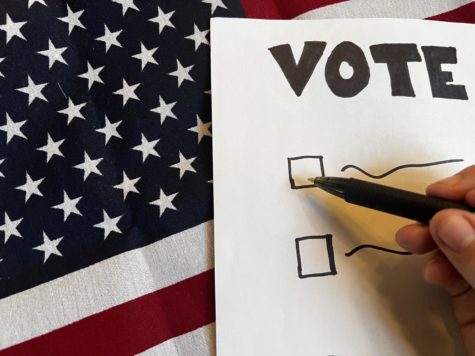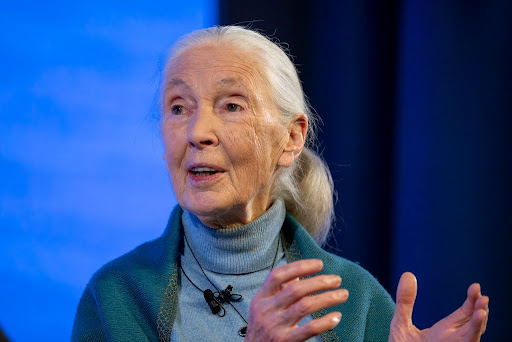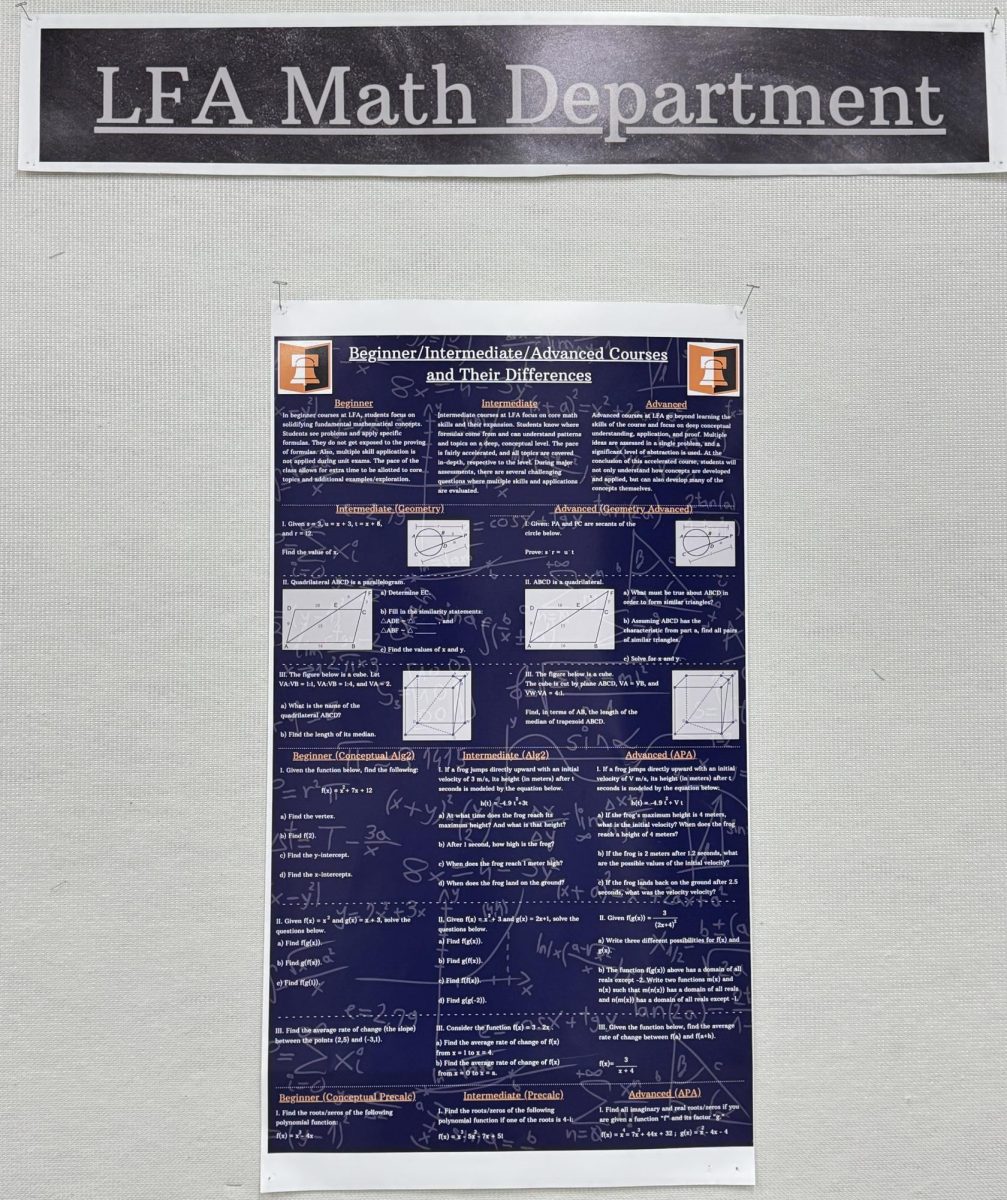Midterms: Republican Wave in Congress Blindsided
December 7, 2022
An election means lining up to vote on who has power to make decisions for the country. Most of the time, though, people automatically associate an election with the position of President of the United States, but the midterms are just as important with the power of Congress up for grabs. They also just happened.
Usually the midterms are viewed as a check on the President. If the U.S. has a Democrat as President—as they do presently with Joe Biden—the Senate and House is typically flipped to the opposing party–Republican. Retaining Congress is difficult, and even presidents that were perceived as popular historically, like Ronald Reagan and Barack Obama, didn’t even accomplish it. Amanda Krause, Journalism Program Coordinator, said, “Midterms should be a moment for kind of a temperature check of what’s going on.” This midterm, a Republican wave was expected to happen and could have with only one seat in the Senate needed and a projected 15 House seat gain (winning the majority).
The saying, “It’s the economy, stupid,” dates back to Bill Clinton’s 1992 Presidential campaign, but still holds precedent to this day; the economy is the number one issue voters tend to look to. Inflation is high, and when Americans look at those gas prices climbing, other issues tend to fall to the back of their minds. Though the economy has been a historically important issue, and was the #1 issue for votes this cycle, reproductive rights had an unprecedented effect on voting.
The overturn of Roe v. Wade created an unknown landscape for candidates. “It kind of changed your mind set on a lot of things, seeing how politicians handled the overturning,” Beverly Fishman ‘23, first time voter, said. Following reproductive rights was the issue of democracy. After January 6th, the Capitol riot, and the not so peaceful transition of power between President Donald Trump and President Joe Biden, democracy was infringed upon. Krause commented on Biden’s address prior to the election, and how he framed it as being about democracy. She said, “Many Democrats, including Biden, said that democracy itself was on the table.”
These two issues created a new atmosphere for voting that became the Republicans’ downfall. Their wave of influence didn’t exactly happen according to plan. They didn’t manage to flip the Senate to Republicans with the Democrats winning 50 of the seats. Democrats also won many unexpected seats in the House–(they’d had the majority)–when multiple seats that were projected to be won by Republicans, were lost. On the cause of these unlikely events, Krause commented, “So what they’re saying now is that the right [Republicans] underestimated the power the abortion issue would have on people nationally.” Trumpism made it hard for Republicans this election season because the unpeaceful transition of power by the former president made many Republicans turn away from his supporters in the government. “Any candidates who identified with election fraud or whatnot, they all lost–every single one,” Krause said on the subject.
These results are now helpful in inferring what could happen in the presidential election of 2024. Donald Trump filed to run again in 2024, but, with a lot of anti-Trumpism occurring in the midterms, it doesn’t look so sure for him. The Republican party does have a stand-out candidate to run against him though: Ron Desantis, Governor of Florida. He seems to be winning early over Trump in early popularity polls, especially after he denounced the former President. What is truly up in the air is the Democratic Party as many don’t want to continue with Biden being President, but they don’t have a standout member to take over like the Republicans do.
On the state level, the midterm elections have triggered many states to take action quickly. Before power is handed over to the new delegates in the House, states like Michigan are trying to codify reproductive rights, and other states are concerned what the overturn could lead to in terms of other issues. Krause explained how one of these concerns has to do with the loss of same-sex marriage rights and the rumors of it being overturned as well. She said, “So it’s only one day after the election, the dust is settled, and already the first thing that has come up, with those who still have power in the House, is trying to put forth the protection of and codify same-sex marriage into law.” There were also numerous states who legalized pot as well, showing that states are trying to push back against the idea of infringing on one’s rights to make decisions for themselves.
From all this information, the one takeaway that reigns supreme is that voting matters in all elections, even ones deemed less important like the midterms. This can be seen in the eye-opening experience of voting for the first-time. As Montgomery Gold ‘23, first-time voter, said, “One of the most eye-opening experiences that I saw at my first time voting was seeing the sheer variety and quantity of positions and candidates that my votes would go to. I had never before fully appreciated all of the smaller, more local elected offices.” All those various positions have power in the decision-making process that affects all Americans, thus voting on everything possible allows their voices to be heard even in the smallest of places.






































